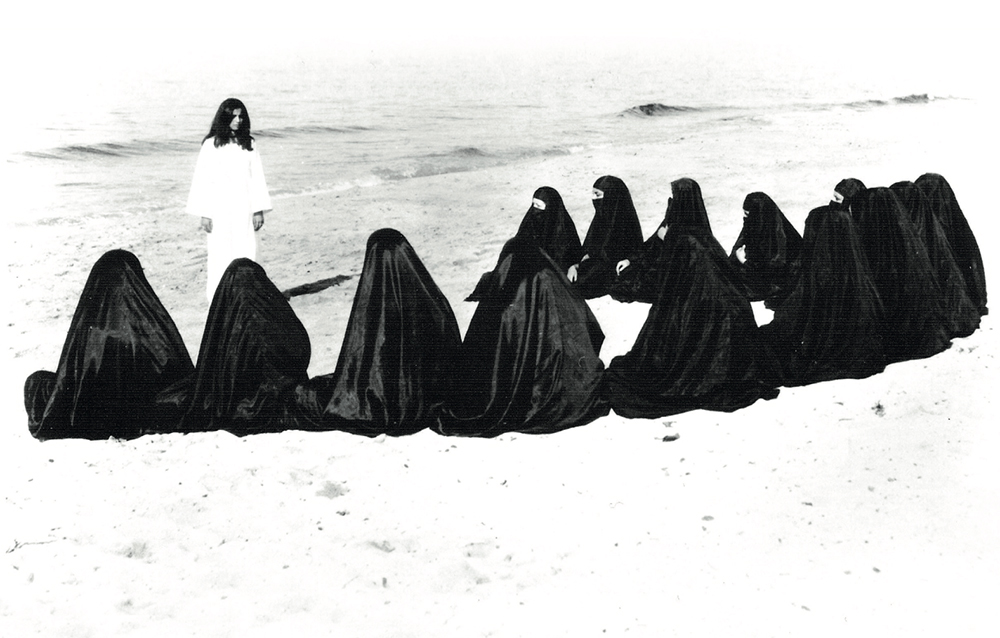6 - Heiny Srour - Leila and the Wolves
“Those of us from the Third World have to reject the idea of film narration based on the nineteenth century bourgeois novel with its commitment to harmony. Our societies have been too lacerated and fractured by colonial power to fit into those neat scenarios. We have enormous gaps in our societies and film has to recognize this.”
Born in 1945 in Beirut, Heiny Srour studied sociology at the American University in Beirut and went on to study social anthropology at the Sorbonne in Paris, where she was a student of both Marxist sociologist Maxime Rodinson and anthropologist-filmmaker Jean Rouch. In 1969, while pursuing a PhD on the status of Lebanese and Arab women and working as a journalist for AfricAsia magazine, she learned about the struggle of the Popular Front for the Liberation of the Occupied Arabian Gulf, which led an uprising in the province of Dhofar against the British-backed Sultanate of Oman, while it sought to liberate women from their oppression at the same time. Determined to make a film about this movement, she spent two years doing intensive research and finding the necessary funds before setting out to Dhofar. From the border with Yemen, Heiny Srour and her team crossed 500 miles of desert and mountains by foot, under bombardment by the British Royal Air Force, to reach the conflict zone and capture a rare record of a now mostly-forgotten war. The film, titled The Hour of Liberation Has Arrived, was completed in 1974 and selected to compete at the Cannes Film Festival, making Srour the first Arab woman to have a film selected for the international festival. It took her seven years to finish her next film, Leila and the Wolves (1984), in which she continued her research into the hidden histories of women in struggle, in particular in Palestine and Lebanon, by weaving an aesthetically and politically ambitious tableau of history, folklore, myth and archival footage. In her words: “Why shouldn’t women be ambitious? Because men only want women to exclusively deal with women’s issues like home, family and so on, they want to ghettoize us. I resent this. We should deal with the public affairs and political issues too.” Since initiating a feminist study group in Lebanon in the early 1960s, Heiny Srour has been vocal about the position of women, in particular in Arab societies. She has written and spoken extensively about the image and role of women in Arab cinema. And, in 1978, along with Tunisian filmmaker Selma Baccar and Egyptian film historian Magda Wassef, she co-authored a manifest “for the self-expression of women in cinema.” To this day, Heiny Srour remains passionately active in her feminist advocacy.
In the presence of Heiny Srour
